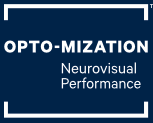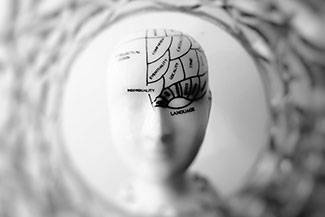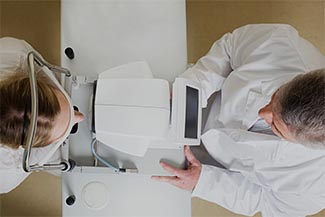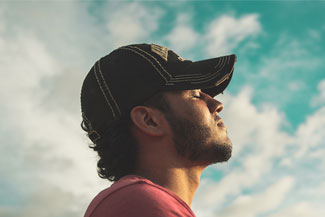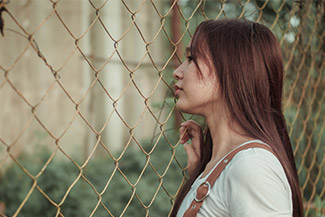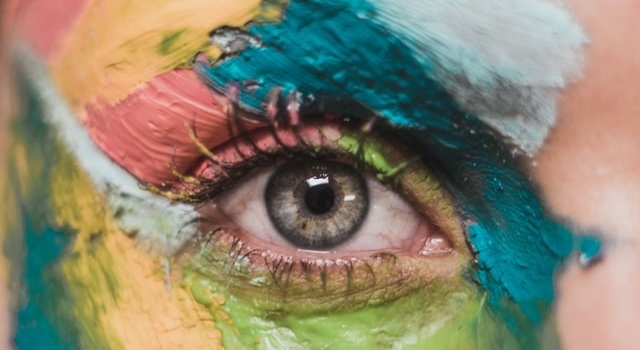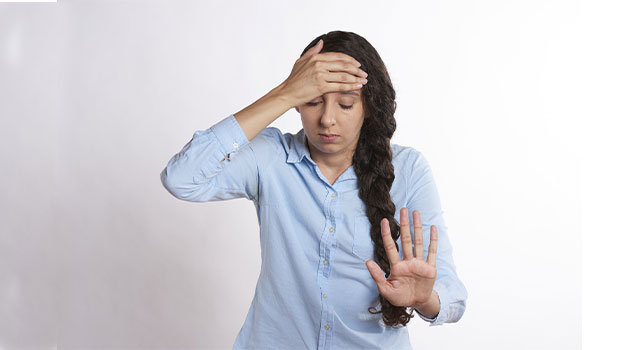Vestibular Rehabilitation & Physiotherapy
The vestibular system is made up of structures in the inner ear and pathways in the brain that work together to process information about motion, balance and spatial orientation. This intricate system works closely with the visual system and various muscles in the body to keep us stable and at equilibrium. When disease or injury causes harm to any of these structures or mechanisms that support steadiness, vestibular disorders may result.
A person with a vestibular disorder can experience a host of symptoms, including dizziness, disorientation, blurred vision, anxiety. nausea and a falling sensation. If you or a loved one experiences any of these symptoms or has been diagnosed with a vestibular disorder, contact Opto-mization NeuroVisual Performance for a functional vision evaluation. Below, we’ll explain some of the most commonly diagnosed vestibular disorders and how a neuro-optometrist can help.
What is vestibular rehabilitation?
Vestibular rehabilitation (VRT) is a form of physiotherapy used to help treat the symptoms caused by vestibular disorders. It often involves a program of exercises designed to reduce vertigo, dizziness, visual-vestibular issues, and/or balance problems.
What does Vestibular Rehabilitation Treat?
Many conditions affecting the vestibular system (inner ear) benefit from vestibular rehabilitation. This includes:
- Vestibular Migraine
- Vestibular Neuritis
- Labyrinthitis
- Benign Paroxysmal Positional Vertigo (BPPV)
- Unilateral Vestibular Hypofunction (UVH)
- Vestibular Migraine
- Persistent Postural Perceptual Dizziness (PPPD)
- Mal de Debarquement (MdDS)
- Cervicogenic Dizziness
- Post Concussion Syndrome (PCS)
- Meniere’s Disease
- Neurological conditions (i.e. stroke, traumatic brain injury)
- Other vestibular disorders
How is Opto-mization Vestibular Rehabilitation Therapy Approach different?
Our Vestibular physiotherapists understand how the visual and vestibular systems integrate. Most vestibular rehabilitation requires visual input- anything with the eyes open- but the accuracy of the visual input is overlooked. Vestibular rehabilitation success rates are improved when the visual input is considered.
Benign Paroxysmal Positional Vertigo (BPPV)
BPPV is one of the most common causes of vertigo. It usually results in the sensation that the room is spinning around you- you see the room moving. It is usually triggered by specific changes to the position of your head. One of the most common questions to determine if BPPV is present is ‘ does your dizziness get worse in certain head positions, or if you roll over in bed?’
BPPV is easily treated with variations of the Epley Maneuver (some more effective than others) done by your vestibular physiotherapist or chiropractor.
Vestibular Neuritis
Vestibular Neuritis affects the vestibular nerve, which is responsible for transmitting information from the inner ear to the brain. This can be caused by viral infection, although many times there is no known cause.
Labyrinthitis
Labyrinthitis is the inflammation of the part of the inner ear called the labyrinth. This inflammation disrupts the transmission of vestibular information and can result in symptoms of vertigo.
Mal de debarquement syndrome (MDDS)
Mal de debarquement syndrome is a disorder of the vestibular system that results in a perception of self-motion commonly described as rocking, bobbing or swaying. This can lead to sensations of disequilibrium, dizziness, and balance problems. Many people describe the symptoms similar to having sea-sickness, but on land. A common complaint is that people feels as if they are on a boat, or that the ground below them is uneven as they walk. Common triggers for Mal de debarquement are water-based activities such as cruise ship trips. Less common triggers include airplane travel, land-based travel, and even water beds.
How Neuro-Optometric Rehabilitation Therapy Can Help
Many of the symptoms experienced with these vestibular disorders could be due to a poorly functioning visual system, particularly the level at which the visual system and brain communicate with each other. Neuro-optometric rehabilitation therapy develops and improves communication between the eyes and brain, reducing symptoms of vestibular disorders.
Since maintaining balance and equilibrium depends on the level at which the vestibular system and visual system function as a team, repairing any dysfunction of the visual pathways can help the brain smoothly and efficiently process incoming visual information and integrate it appropriately.
Furthermore, many patients with vestibular disorders complain of visual symptoms like double vision or difficulty focusing, which can then trigger or exacerbate their vestibular symptoms.
A neuro-optometrist can create a customized program to significantly improve the functioning of the visual system, thereby reducing the amount of dizziness, disorientation and vertigo a person may experience.
Neuro-optometric rehabilitation therapy involves the use of visual exercises that focus on strengthening the eye-brain connection. Specialized prisms and lenses may be used as well.
A multidisciplinary approach to treating vestibular disorders will bring about the optimum results. Vestibular therapy, neuro-optometric rehabilitation therapy, physical therapy and occupational therapy may all be beneficial for optimal healing.
Begin your journey towards a better quality of life by calling Opto-mization NeuroVisual Performance to schedule your functional visual evaluation today.
